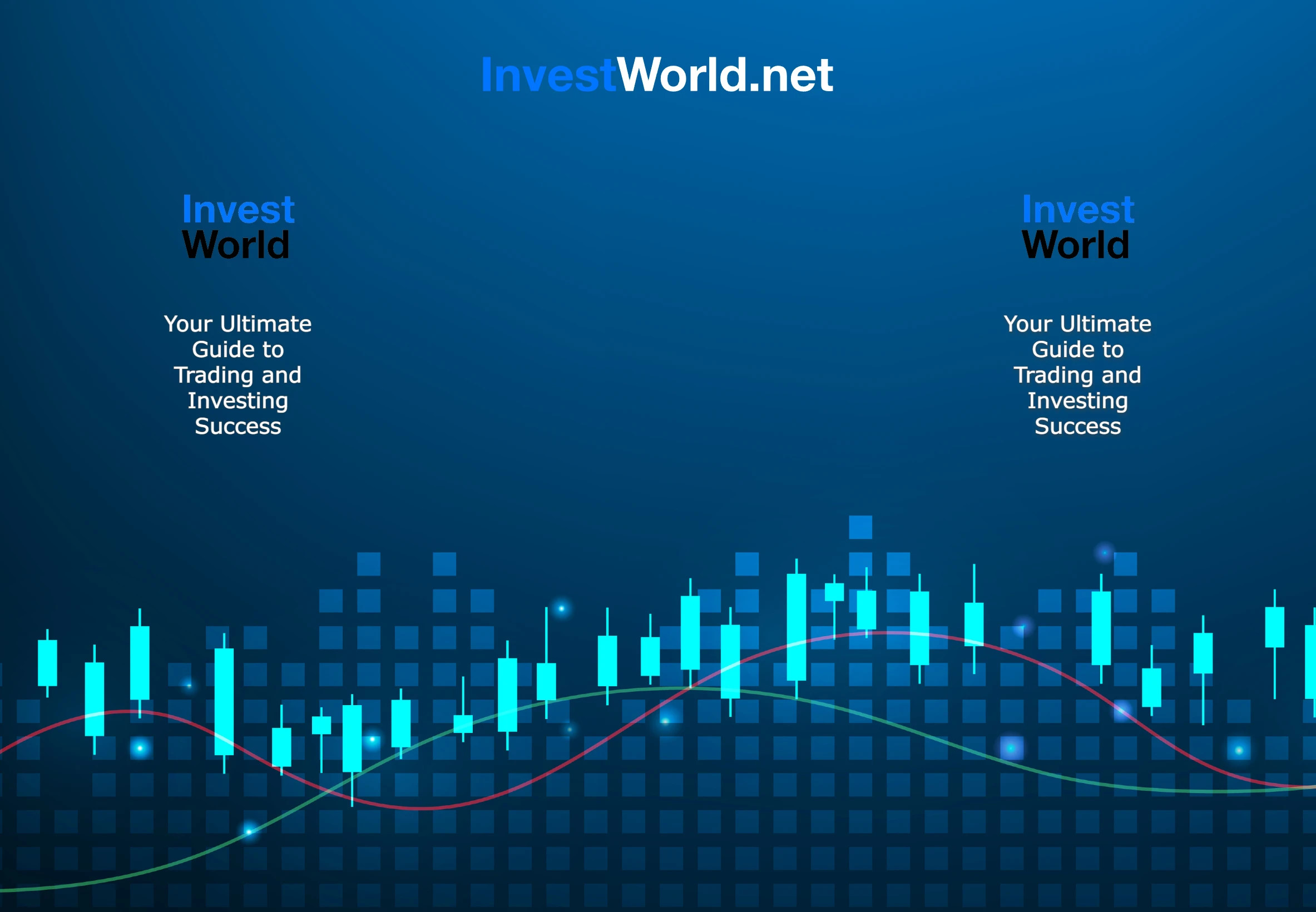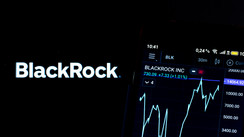A Promising AI Startup Enters the Fray
A recently established artificial intelligence (AI) firm, conceived as a competitor to OpenAI, the creators of ChatGPT, has successfully garnered $113 million in seed funding. The impressive raise has elevated its valuation to $260 million, a mere two months post-launch.
Mistral AI was co-founded in May 2023 by former AI researchers from Google DeepMind and Meta, with the objective of developing open-source generative AI models. Arthur Mensch, the company's co-founder and CEO, expressed that the initial round of funding "will equip us with the necessary resources and connections to commence the development of a novel model of generative artificial intelligence."
The Founders' Background
Mensch held a position as a research scientist at Google Deep Mind prior to launching Mistral AI. The other co-founders, Timothee Lacroix and Guillaume Lample, have a history at Facebook AI, with roles as a research engineer and research scientist, respectively.
Key Investors in the Funding Round
Lightspeed Venture Partners led the funding round, with other participants including JCDecaux, Rodolphe Saadé, and Motier Ventures, among others. Based in Paris, the founding team plans to launch its initial text-based generative AI models in 2024.
Mistral AI: Seeking Talent and Growing Rapidly
As of now, the firm is actively seeking talent, with a focus on AI researchers, software engineers, and product developers. Despite its recent inception, Mistral AI does not yet maintain a social media presence.
A Meeting with OpenAI and South Korean Leadership
In related news, OpenAI's CEO, Sam Altman, recently had a meeting with the President of South Korea, Yoon Suk Yeol. Altman encouraged the country to take the lead in manufacturing the essential chips for AI technology.
Currently, OpenAI sources its chips from Taiwan. However, Altman highlighted the probable necessity for an additional chip supply from South Korea in the future.




